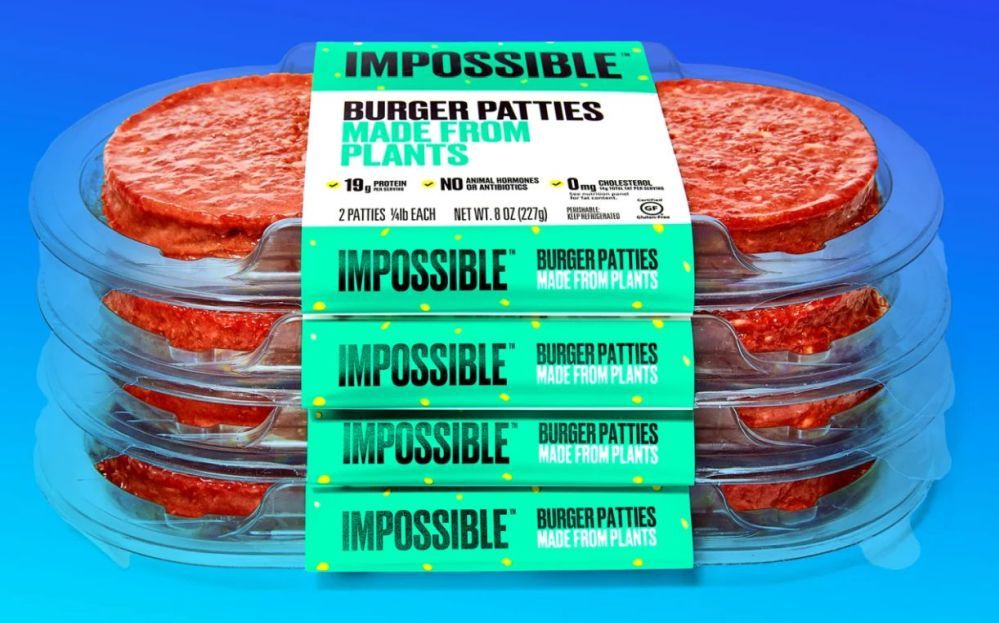Impossible Foods’ lawyers did not violate rules of professional conduct by hiring private investigators to pose as potential customers in order to obtain product information and samples from Motif FoodWorks as the companies clashed over IP, a court has ruled.
Motif argues that investigators were deployed by Impossible Foods’ attorneys to “covertly” obtain information and “circumvent the discovery process” in IP litigation between the two companies over the use of heme proteins in alt meat.
According to signed declarations from employees filed with the court in Delaware last month, Motif was approached via email and in person at a number of trade shows by individuals expressing interest in their products that seemed suspicious between late 2021 and early 2023.
In subsequent court filings, Impossible confirmed it had hired two private investigation firms, but insisted its actions “never went beyond appropriate bounds of investigation into Motif’s wrongdoing (i.e., the infringement of Impossible Food’s patented technology).”
Judge: Not persuaded that Impossible has obtained any unfair benefit from investigators’ activities
In a May 31 ruling, US circuit court judge William C. Bryson noted that courts “have not set forth a bright-line rule indicating precisely when such pretextual investigations are permissible and when they are not.”
He also acknowledged Motif’s point that the information Impossible was seeking “could have been obtained by other lawful means, such as discovery.”
Ultimately, however, “Impossible was not using investigators to obtain highly sensitive information that would not otherwise have been revealed to any outsider,” he determined. “The evidence the investigators obtained was the type of information and material that ordinarily would be made available to legitimate customers.
“In summary, WSGR [Impossible’s counsel, Wilson Sonsini Goodrich & Rosati] has not violated the [American Bar Association and Delaware Lawyers’] Rules of Professional Conduct by directing private investigators to obtain samples of Motif’s products. Nor is the court persuaded that Impossible has obtained any unfair benefit as a result of the investigators’ activities.”
Impossible Foods, which confirmed in court filings that it had created a limited liability company, Food4Thought, LLC, purely to enable private investigators to engage with Motif as a potential B2B customer, told AFN: “We’re pleased with Judge Bryson’s decision and remain confident in our case.”
“Impossible owns the technology underlying the premier meat alternative in the market and Motif has attempted to build its business on theft of that technology. It is common, and ethical, for patent owners to obtain and evaluate infringing products— such as Motif’s—in the marketplace.” Impossible Foods
“While Motif is focused on innovating to make plant-based foods more delicious, Impossible is busy hiring private investigators, creating false identities, and establishing fake companies.” Motif FoodWorks
Motif: ‘It’s unfortunate that Impossible chose this path of misrepresentation’
A Motif spokesperson told us it was also “confident” of its legal position in the patent dispute with Impossible. “It’s unfortunate that they chose this path of misrepresentation instead of embracing healthy competition. As the litigation continues, we expect to learn more about the lengths to which Impossible is willing to go to prevent further innovation in the plant-based industry.”

What is the IP dispute about?
The ongoing legal dispute between Impossible and Motif relates to the use of heme proteins in plant-based meat alternatives.
It began in March 2022, when Impossible filed a lawsuit* accusing Motif of infringing a patent covering the use of its flagship ‘heme’ ingredient in meat substitutes. The case is being watched closely in the alt meat industry, with Impossible accusing Motif of IP theft and Motif arguing that the patent should never have been issued in the first place.
Impossible Foods’ heme protein is identical to soy leghemoglobin, a protein found in nodules attached to the roots of nitrogen-fixing plants such as soy. Motif FoodWorks’ HEMAMI heme protein is identical to bovine myoglobin, which is found in the muscle tissue of cows.
Both proteins are produced via precision fermentation using a genetically engineered strain of yeast to express heme-containing proteins that impart ‘meaty’ flavors and deep red colors to meat alternatives. However, they are not exactly the same, according to Motif, which noted in a recent court filing that Impossible’s patents cover meat substitutes that are “free of animal heme-containing protein.”
According to Motif FoodWorks: “If Impossible wins [its lawsuit in Delaware], it means no one else can experiment with heme in the plant-based industry.”
According to Impossible Foods: “We have always welcomed and embraced competition, but… we do not tolerate theft of our technology.”
*The case is Impossible Foods v Motif FoodWorks. Case #1:22-cv-00311 filed March 9, 2022 in Delaware.
Further reading:




